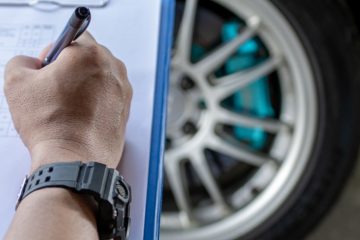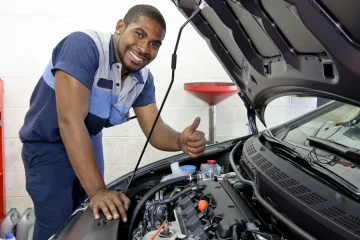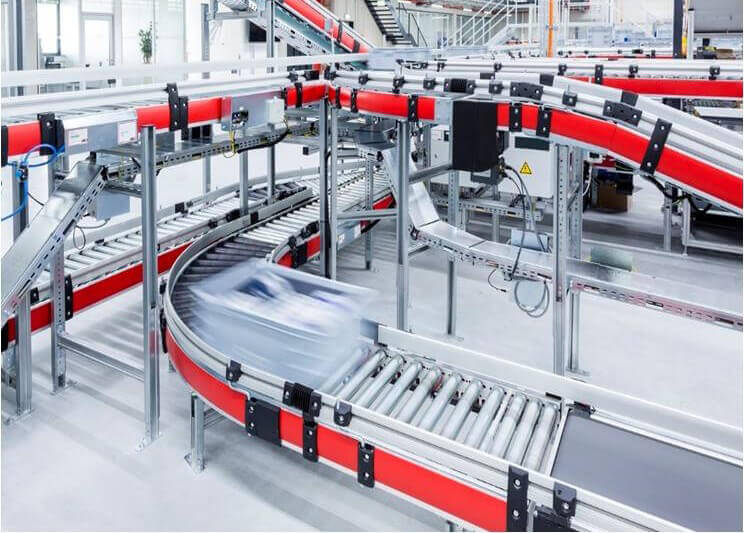Custom Car Appraisal: How to Accurately Value a One-of-a-Kind Vehicle

Custom cars represent personal vision, engineering creativity, and often a significant financial investment. Whether it’s a fully modified muscle car, a hand-built street rod, or a performance-tuned import, these vehicles don’t fit neatly into traditional pricing models. That’s why a standard valuation won’t do—and why a professional custom car appraisal is essential when it comes to insuring, selling, or showcasing your creation.
Unlike stock vehicles, custom builds often feature non-factory components, unique design elements, and specialized labor that aren’t easily quantified by book value or average market pricing. A true appraisal must consider every aspect of the build—from drivetrain upgrades and paintwork to interior customization and fabrication quality. Without this level of detail, you risk dramatically undervaluing your vehicle and losing out in the event of damage, sale, or dispute.
Why Custom Cars Require Specialized Appraisal
Every custom car is unique. Even two vehicles that started life as the same make and model can differ completely after personalization. A car that’s been supercharged, lowered, repainted, and fitted with premium aftermarket parts holds value far beyond its original form. But recognizing that value requires more than a glance at a price guide.
Insurance companies, buyers, and collectors often struggle to assign proper value without supporting documentation. A professional appraisal bridges that gap, providing a detailed and justified report that reflects the full scope of the modifications and craftsmanship involved. This helps avoid lowball insurance settlements or buyer skepticism.
What’s Included in a Custom Car Appraisal?
A quality custom car appraisal doesn’t just assess how the vehicle looks—it evaluates how it was built, what went into it, and how it compares to similar builds on the market. A thorough appraisal typically includes:
- A comprehensive inspection of the car’s mechanical and aesthetic components
- Documentation of aftermarket parts, upgrades, and build costs
- Evaluation of workmanship, including fabrication and finishing details
- Verification of performance enhancements or unique features
- Market comparison with similar custom vehicles (as available)
- Supporting photographs and a final value estimate based on real data
This detailed approach ensures that every part of the vehicle’s uniqueness is accounted for—not just the base model it once was.
When You Should Get a Custom Car Appraisal
Custom vehicles are often dynamic—projects evolve, and so does their value. Here are key moments when a formal appraisal is especially valuable:
- Before purchasing insurance coverage, especially if you want an agreed value policy
- After completing a major build or modification project
- Before entering a car into competition or auction
- When planning to sell or trade the vehicle
- As part of estate planning or legal documentation
Many insurance providers won’t fully insure a custom car without a documented appraisal. And in the resale market, an appraisal gives credibility and leverage when negotiating with potential buyers.
How Appraisers Value Custom Cars
Valuing a custom car is part science, part art. Appraisers analyze not just what’s been added, but how well it’s been done and how it aligns with market trends. A custom Mustang with high-end suspension and track-ready specs may be worth more than a show-focused build of the same model—depending on buyer demand.
Key factors that influence appraisal value include:
- Original vehicle value and platform
- Cost of modifications and quality of work
- Reputation of builders or shops involved
- Drivability, reliability, and street legality
- Current demand in the custom and enthusiast market
Ultimately, the appraiser’s job is to assign a fair market value based on what a knowledgeable buyer would reasonably pay in today’s market for that specific vehicle.
Choosing the Right Appraiser
When selecting someone to appraise your custom car, experience matters. Not all appraisers understand the nuances of modified vehicles. Look for:
- Specialization in custom and collector vehicles
- Certifications from industry organizations like ASA or IAAA
- Sample reports that show depth and clarity
- Familiarity with performance, off-road, or aesthetic modifications
- Recognition by insurance companies and legal systems
Avoid generic services that rely on VIN lookups or standard condition ratings—these are often worthless for truly customized builds.
Final Thoughts
Your custom car is more than transportation—it’s a project, a passion, and in many cases, a significant asset. Whether you’re insuring it, selling it, or simply documenting your investment, a professional custom car appraisal ensures your vehicle is valued not just as a car, but as a creation.
By partnering with an experienced appraiser, you protect your time, effort, and money from being overlooked or undervalued. In the world of custom builds, where no two vehicles are alike, the right appraisal makes all the difference.











